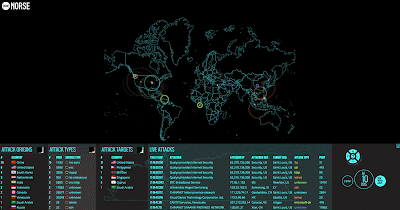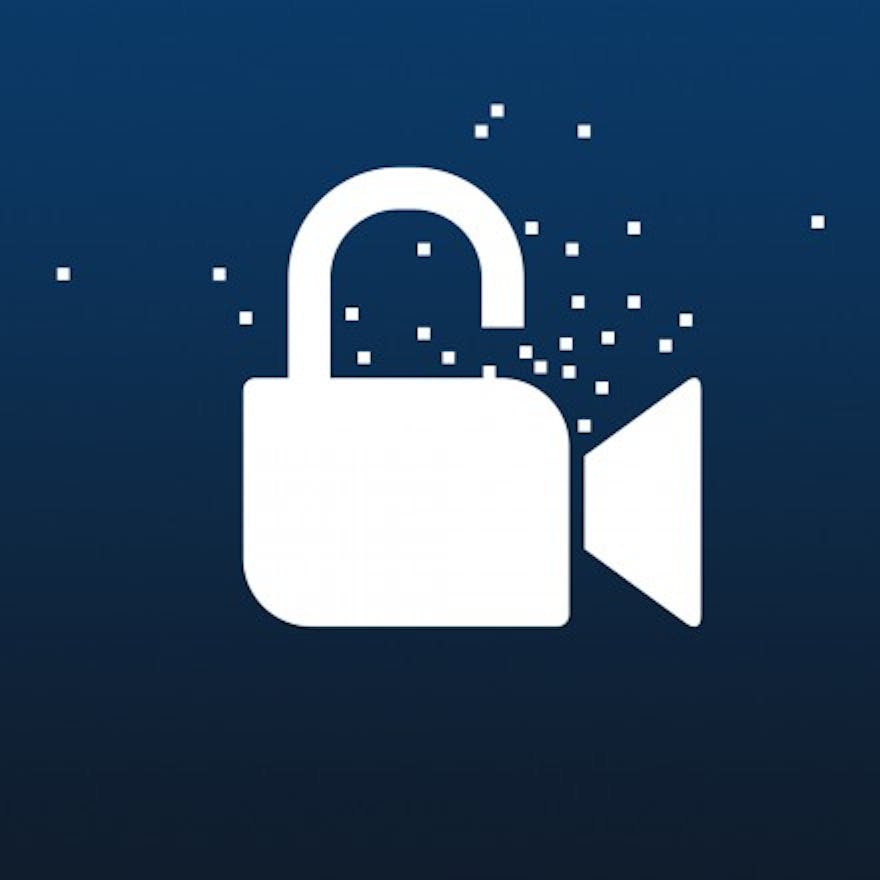Early in April, a financial advisor and her team met with an insurance company wholesaler via the video conferencing platform Zoom.
Unbeknownst to them, another participant had joined the virtual meeting.
As the hacker captured details, the wholesaler named the price of a new policy and the advisor agreed to the terms.
 ...It’s likely that even before the meeting ended the eavesdropper generated an email to the advisor so that it appeared to come from the insurer.
...It’s likely that even before the meeting ended the eavesdropper generated an email to the advisor so that it appeared to come from the insurer. In a later forensic analysis, an overlooked detail revealed the spoof: a single letter the hacker changed in the insurance company’s name.
After the meeting ended, the advisor received the message with instructions to wire money — in the low six figures — to a New York bank account.
She did as instructed, sending the money to the hacker.
more
———How to prevent Zoombombing in your video chats in 4 easy steps———
1. Don't use your Personal Meeting ID for the meeting. Instead, use a per-meeting ID, exclusive to a single meeting. Zoom's support page offers a video
walk-through on how to generate a random meeting ID for extra security.
2. Enable the "Waiting Room" feature so that you can see who is attempting to join the meeting before allowing them access. Like many other privacy functions, a skillful disrupter can sometimes bypass this control, but it helps to put another hurdle in their route to chaos.
Zoom offers
a support article here as well. To enable the Waiting Room feature, go to Account Management > Account Settings. Click on Meeting, then click Waiting Room to enable the setting.
3. Disable other options, including the ability for others to Join Before Host (it should be disabled by default, but check to be sure -- see below). Then disable screen-sharing for nonhosts, and also the remote control function. Finally, disable all file transferring, annotations and the autosave feature for chats...
4. Once the meeting begins and everyone is in, lock the meeting to outsiders ... and assign at least two meeting co-hosts. The co-hosts will be able to help control the situation in case anyone bypasses your efforts and gets into the meeting.
more


















